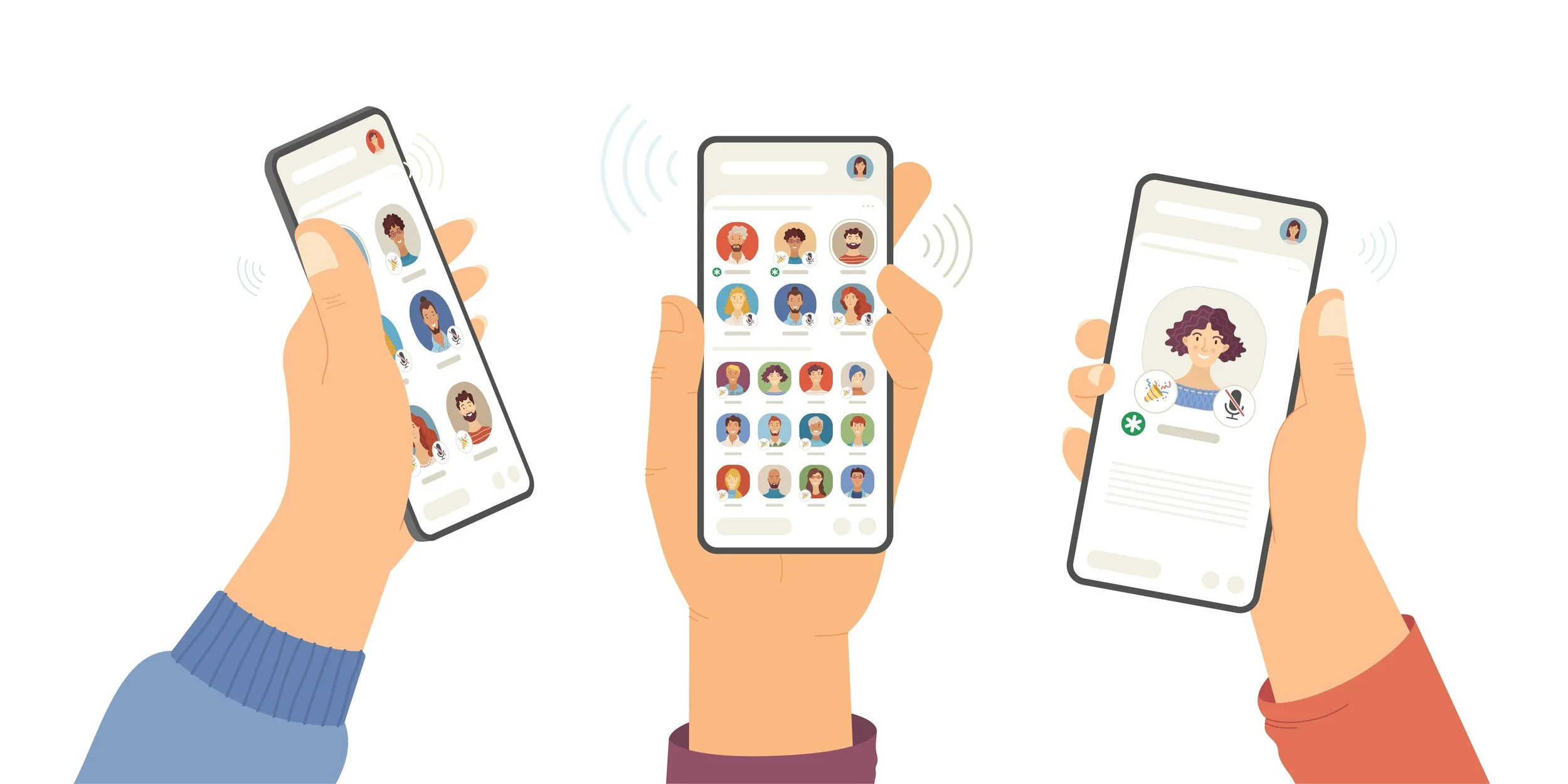Clubhouse and voice-only platforms still come with security risks
By now you’ve probably heard of Clubhouse, or maybe you’re one of the more than 10 million members already using it. For an invite-only platform, that’s tremendous growth and is truly impressive. I have enjoyed exploring Clubhouse and participating in conversations (feel free to follow me @sueserna). But after watching Clubhouse explode in popularity to the point where other major social media platforms like LinkedIn and Twitter are basically creating their own versions, it’s time to discuss the safety of audio-only platforms.
Please – do not make the mistake of assuming that audio-only platforms are in any way safer than their text-based counterparts. In my experience so far on Clubhouse, it seems like people participating in real-time conversations tend to share more freely than they would perhaps if they were composing a post in text form that they could edit before posting. That makes sense.
But here are a couple of key reminders for these types of platforms as they grow in popularity and prevalence:
First, remember that just because you’re saying it out loud in a live conversation does not mean there is not a record of it. All of the people in the room at the time hear and possibly could have written down your comments. They could be recording the conversation on a separate device.
In addition, Clubhouse has already proved “hackable.” Just back in February, an unidentified user figured out how to “siphon” conversations from Clubhouse rooms onto a separate website. So best rule of thumb: If you wouldn’t say it in a business meeting or while presenting at an industry event, don’t say it on Clubhouse.
Be careful what you disclose about yourself. Just like any other social media platform, be careful about disclosing personal details, either out loud or in your bio. Email addresses, where you live, names of your kids, names of your pets (especially if you use those in your passwords – which you should not, please change those passwords).
Exercise the same diligence you would with the information you connect to your accounts, like the email address or mobile number you used to sign up. These systems are absolutely hackable, and they are hacked with increasing frequency. So be on the lookout for phishing attempts, scam emails, etc. The more companies you give this information to, the more likely you will be a victim of a security breach eventually. … A quasi-related example: the hack of Voice over IP (VoIP) network Broadvoice back in October of last year, in which scammers gained access to 350 million records including caller’s names, phone numbers and locations, in addition to transcriptions of hundreds of thousands of voicemails. I don’t know about you, but I don’t want my voicemails in the wrong hands. :-)
I am fascinated and intrigued to see where these audio-only platforms go and how they evolve over time. Participating on them is not a bad thing. You may even see me there. Just make sure you don’t let your guard down because of the change in format. It’s still an online platform with millions of users, and it’s still an online platform that is likely to be a recurring target of cyber criminals. Protect yourself with diligence and caution, and enjoy the conversation.

